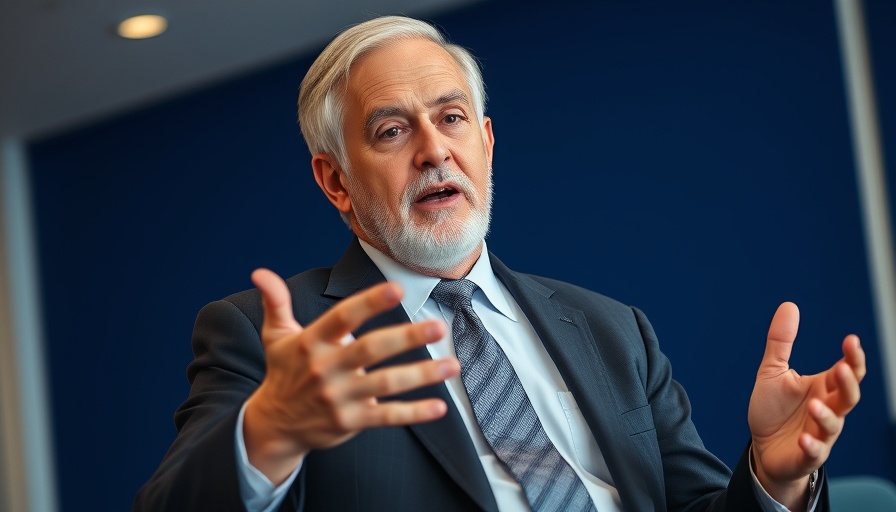
Judicial Safety: A Growing Concern
In recent years, Chief Justice John Roberts has been vocal about the escalating threats faced by judges across the United States. During a recent gathering of lawyers and judges in Charlotte, North Carolina, he emphasized the role of heated political rhetoric from elected officials in exacerbating this danger. Notably, he called out the implication that judges could be labeled as part of the political problem, a notion that can lead to increased hostility and even physical threats against them. As Roberts stated, "It becomes wrapped up in the political dispute that a judge who’s doing his or her job is part of the problem.”
The Role of Political Rhetoric
Roberts notably refrained from naming individuals but appeared to reference comments made by various political leaders, including President Donald Trump and Senate Leader Chuck Schumer. The Chief Justice's address comes in light of documented instances where inflammatory remarks have led to real-world consequences, such as attempts on judges’ lives. He recalled his rebuke of Trump, who labeled a judge an "Obama judge" after ruling against a key immigration policy. Roberts’s concerns underscore that political leaders' comments can escalate existing tensions, encouraging extreme responses from their supporters.
Consequences of Poor Political Discourse
The emotional and ethical implications of heated political language extend beyond the courtroom, seeping into the broader community’s perception of the judiciary. In light of recent events, like the armed man arrested outside Justice Kavanaugh's home, Roberts' concerns resonate deeply. This incident serves as a stark reminder that language carries weight and implications, shaping the political landscape and affecting public safety.
A Call for Responsibility
In light of these developments, it becomes imperative for political figures from both parties to approach discussions regarding judiciary leaders with caution. As Roberts aptly remarked, every public comment matters in a polarized atmosphere, especially when the safety of individuals upholding the rule of law becomes jeopardized. For business professionals and engaged citizens alike, understanding these dynamics is essential as we navigate the increasingly complex intersection of politics and the law.
Looking Ahead: The Future of Judicial Independence
With the integrity of judicial independence at stake, it’s crucial for the legal and business communities to advocate for more civility in political discourse. By fostering an environment where judges can execute their duties free of harassment or threats, society can preserve the rule of law essential for a functioning democracy. Roberts’s remarks serve as a reminder to reflect on the weight of our words and the impact they can have on the safety and independence of our judiciary.
 Add Row
Add Row  Add
Add 



Write A Comment